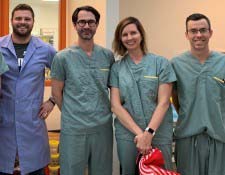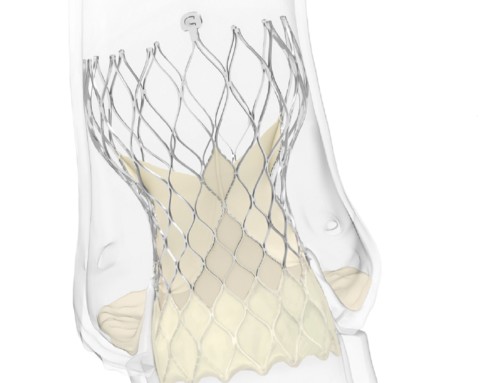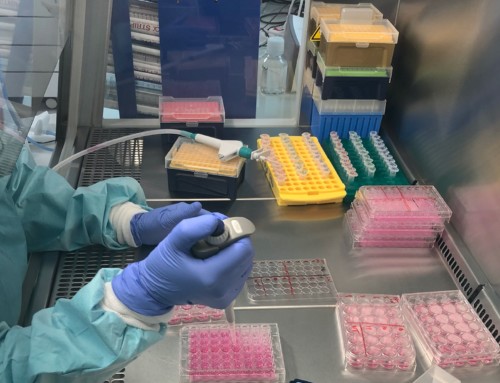
Vesalius Cardiovascular has announced the successful completion of its first 30-day chronic animal study using its mitral valve repair device. The predetermined endpoints of the study were the absence of device or valve thrombosis and the absence of leaflet injury due to the device, and both endpoints were robustly confirmed upon completion of the study.
Armed with seven biomedical engineers who receive daily clinical inputs from the company’s four specialised physician advisers, according to a press release, the company aims to produce a surgically inspired implantable medical device that can repair degenerative mitral regurgitation. The device will be delivered through a catheter (transfemoral/transseptal) during a procedure that will require an overnight stay in hospital, followed by two days of patient recovery at home. The press release reports that this solution will save time, energy and money. The risk of complications with the device may be significantly lower than those with surgery and, therefore, will permit treatment of patients who cannot undergo an open heart surgery because of prohibitive risk.

The Vesalius Cardiovascular team
Prior to the animal study, the Vesalius Cardiovascular team performed 17 successful in-vivo acute experiments in 2019. In the chronic study, echocardiographic images were obtained during the procedure, and subsequently at seven, 15, and 30 days, followed by a detailed ex-vivo examination of the heart and the implanted device.
Cardiac surgeon Peter Skarsgard, the president of Vesalius Cardiovascular, performed the procedure in the study with the help of Christopher Durkin. He comments: “We are extremely pleased with the result of our first chronic study. This is the first chronic study with our leaflet remodelling device, and I can confirm the complete absence of thrombosis or any injury to the valve leaflets from contact between our remodelling device and the native leaflets. This is an extremely important milestone in the development of our solution.”
Vincent Ledoux, chief operating officer, says: “This positive result is a by-product of the risk mitigation strategy in our development plan that Vesalius Cardiovascular put in place at an early stage. Thirty days of data is extremely significant at this stage. In addition to the main endpoints, our other observations from this study will directly inform design decisions going forward, to ensure that our complete system which includes the device itself as well as the delivery system, is safe, effective, durable, and adoptable.”





